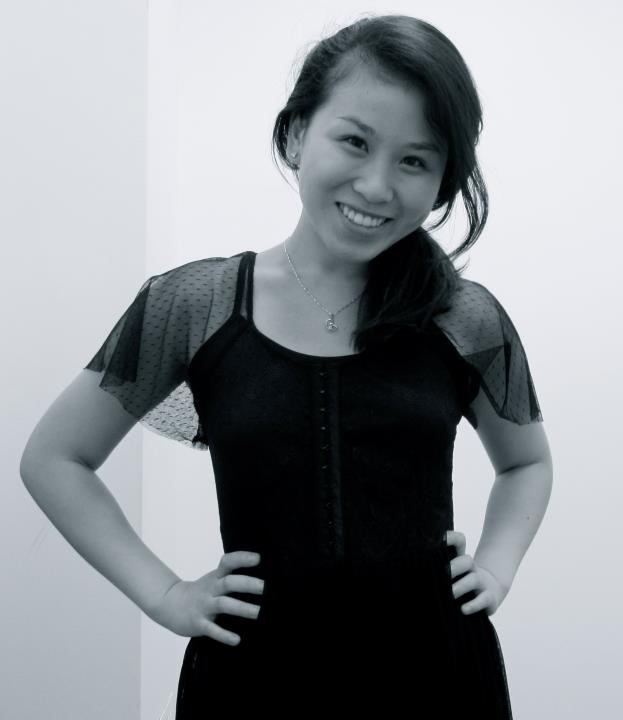Contributor: Alice Liu
Work and Life is a two-hour radio program hosted by Stew Friedman, director of the Wharton Work/Life Integration Project, on Sirius XM’s Channel 111, Business Radio Powered by The Wharton School. Every Tuesday from 7 to 9 PM EST, Stew speaks with everyday people and the world’s leading experts about creating harmony among work, home, community and the private self (mind, body and spirit).
On Work and Life, Stew Friedman spoke with Nilofer Merchant, an educator and sought-after speaker known as “Jane Bond of Innovation,” for her distinctive ability to solve impossible problems, about the topic of her new book – “onlyness” – what you alone bring to work. Merchant discusses the importance of “onlyness,” how to own and claim it, and how it is a vital driver of growth in our modern ideas economy.
The following are edited excerpts of their conversation.
Stew Friedman: What does “onlyness” mean? Could you define the term for us?
Nilofer Merchant:  I was writing an economics, business book, and I was trying to describe how the way we create value has changed, and I was trying to say “that thing that only you do.” I was twiddling with words like “uniqueness” and “distinctive,” but none of them told the full story, so I said let’s make up a word. It refers to that spot in the world that only you are standing in. It’s such a distinctive point of view. It’s your creative source. It’s the perspective that allows you to challenge convention. It is that idea that only you have.
I was writing an economics, business book, and I was trying to describe how the way we create value has changed, and I was trying to say “that thing that only you do.” I was twiddling with words like “uniqueness” and “distinctive,” but none of them told the full story, so I said let’s make up a word. It refers to that spot in the world that only you are standing in. It’s such a distinctive point of view. It’s your creative source. It’s the perspective that allows you to challenge convention. It is that idea that only you have.
SF: What is it about work that denies onlyness, and why is onlyness so essential to our economic vitality?
NM: People were cogs in a machine and meant to be disposable because that’s largely what the economic capitalists were about. It didn’t matter how unbelievably talented you were or the set of ideas you had. But nowadays we are working in an ideas economy – sometimes called the connected economy or the social economy. The reason you have the idea that you have is a function of your history, experiences and vision. A woman wrote me a lovely email today, and she said, “Until I listened to my own voice for what I knew was right for my daughter instead of just following along, thinking the doctors must know what’s right, I didn’t the right thing.” Think about what she’s saying. She’s saying the doctor used to be the expert, but he’s not an expert on her child. I think that’s going to be the lesson of the next 20 to 50 years. It’s recognizing that each of us has a wisdom, and we have to bring that to the table. We’ll realize how much untapped opportunity there is when people do that.
SF: It’s something I see with students and with clients; a keen desire to be more confident, competent and courageous enough to express that which is uniquely “me.” In your work and in the book that you’re writing, what is it that you offer in terms of ideas for action for people to celebrate their “onlyness?”
NM: You first you have to decide that you’re okay just as you are and that no matter how other people define you or label you, it doesn’t change who you are.
SF: Is that part of what you’re writing about in your new book.
NM: I want to help people think about how to own and claim their onlyness. How do you find the people who are more like you? How do you use that onlyness to make a dent in the world?
Merchant is the author of two books on collaborative work, The New How and 11 Rules for Creating Value in the #SocialEra. She was recently awarded by Thinkers50 the designation of “Future Thinker” – the person most likely to influence the future of management in both theory and practice. To learn more about her work, visit her website or follow her on twitter.
Join Work and Life next Tuesday, July 1 at 7:00 PM Eastern on Sirius XM Channel 111 for conversations with Sarah Kagan and Michael Rashad. Visit Work and Life for a full schedule of future guests.
About the Author
Alice Liu  studied Management at The Wharton School and English (Creative Writing) at the College of Arts & Sciences. She graduated in 2014.
studied Management at The Wharton School and English (Creative Writing) at the College of Arts & Sciences. She graduated in 2014.
Leave a Reply